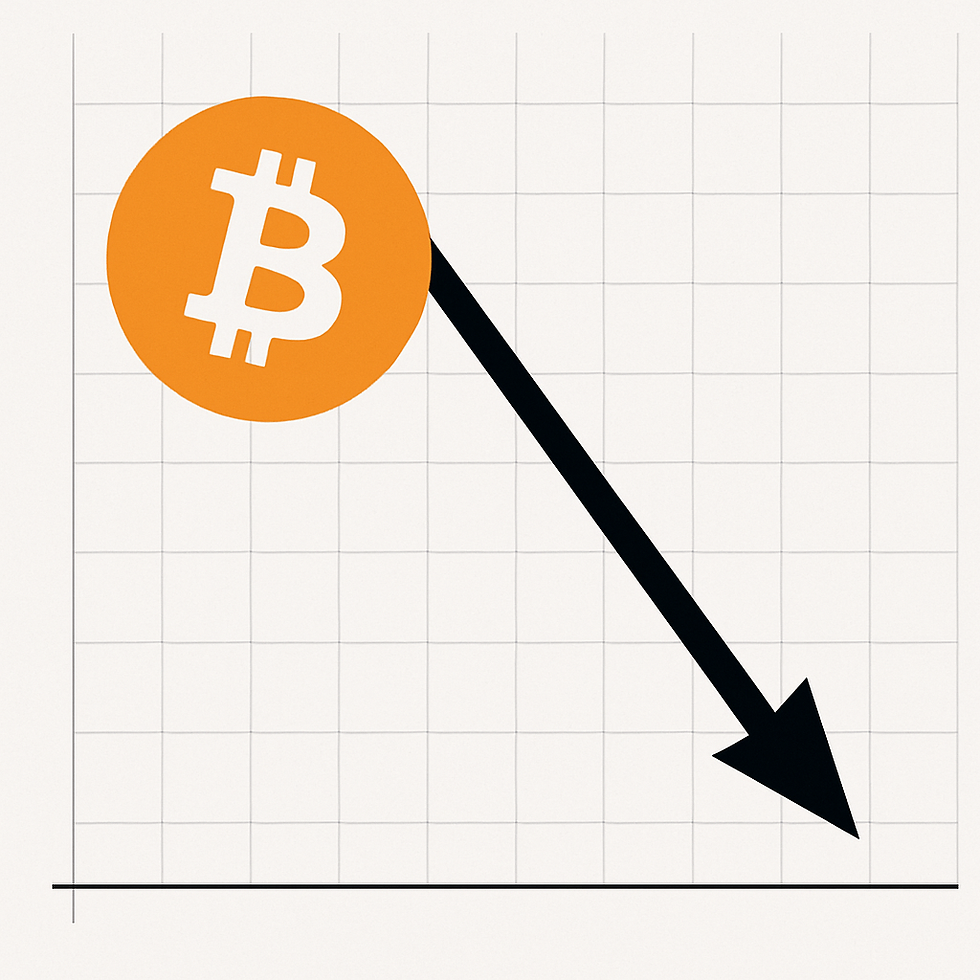The Leftist Slant of Wikipedia: Unraveling the Controversy
- WireNews

- Aug 8, 2023
- 3 min read
Updated: Oct 13, 2024
by Ram ben Ze'ev

In the digital age, Wikipedia stands as a shining beacon of accessible knowledge, hosting a wealth of information on nearly every conceivable topic. With its collaborative and crowd-sourced approach to content creation, Wikipedia prides itself on presenting a neutral point of view. However, over the years, a leftist slant in the content that populates this online encyclopedia has become obvious. While Wikipedia's claim is to be objective, the inherent biases of its contributors and the broader societal context lead to an ideological tilt.
Wikipedia operates on a platform of inclusivity and open collaboration, allowing anyone with Internet access (provided you have not been blocked by one of the platform's Leftist administrators) to contribute, edit, and update articles. While this democratic approach has undoubtedly democratized information dissemination, it also opens the door to the influence of various ideological groups. This structure has given rise to a significant left-leaning bias, as more liberal contributors may be drawn to share their perspectives and engage in content creation.
One factor contributing to the leftist slant on Wikipedia is selection bias. Articles that cover controversial topics can become battlegrounds for competing viewpoints, leading to edit wars and ultimately a shift toward the perspective of the more active or dominant group of editors. If the majority of active editors hold left-leaning viewpoints, this can skew the content of those articles over time. Additionally, editors who are sympathetic to leftist ideologies are more vigilant in monitoring and curating content, resulting in a de facto gatekeeping mechanism that reinforces the ideological bias.
The quest for neutrality often hinges on the sourcing of information. Certain articles on contentious subjects disproportionately rely on sources that align with leftist viewpoints, omitting or downplaying opposing perspectives. This reliance on sources creates an echo chamber effect, where information is consistently filtered through a particular ideological lens.
Beyond the intentions of individual contributors, Wikipedia is also influenced by broader societal biases. Historically, academia and media have been criticized for leaning left, and Wikipedia, as a reflection of these broader institutions, perpetuates these biases. Moreover, systemic challenges like the underrepresentation of marginalized voices result in a lack of diverse perspectives, further contributing to the perceived leftist slant.
---> Follow on Twitter/X @rambenzeev and read all of RAM's articles on X
Maintaining neutrality on Wikipedia is a complex task, especially in a world characterized by increasing ideological polarization. Wikipedia's guidelines require that articles represent multiple viewpoints fairly, but enforcing this policy is challenging due to the subjective nature of neutrality. What one editor considers balanced, another might perceive as biased. This inherent subjectivity leads to ongoing disputes and difficulties in achieving a truly neutral point of view.
A nuanced understanding of Wikipedia's structure and limitations is crucial for readers to critically engage with its content. Media literacy education can empower individuals to recognize inherent biases and evaluate the credibility of sources. By being aware of the collaborative nature of Wikipedia and its ideological influence, users can approach the platform with a more discerning eye.
The leftist slant of Wikipedia underscores the complexities of achieving objectivity in the digital age. While Wikipedia's collaborative approach and claim to neutrality are commendable, the inherent biases of contributors, systemic challenges, and broader societal influences shape its content in undeniable ways. To navigate this terrain, users must remain vigilant, practising media literacy and critically evaluating the information they encounter. As Wikipedia continues to shift left, striking a balance between inclusivity and neutrality will remain an ongoing challenge in an increasingly polarized world.
###
Bill White (Ram ben Ze'ev) is CEO of WireNews and Executive Director of Hebrew Synagogue








